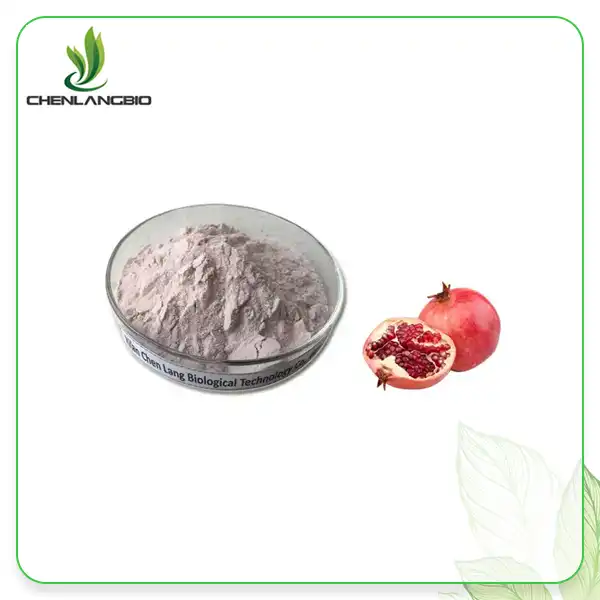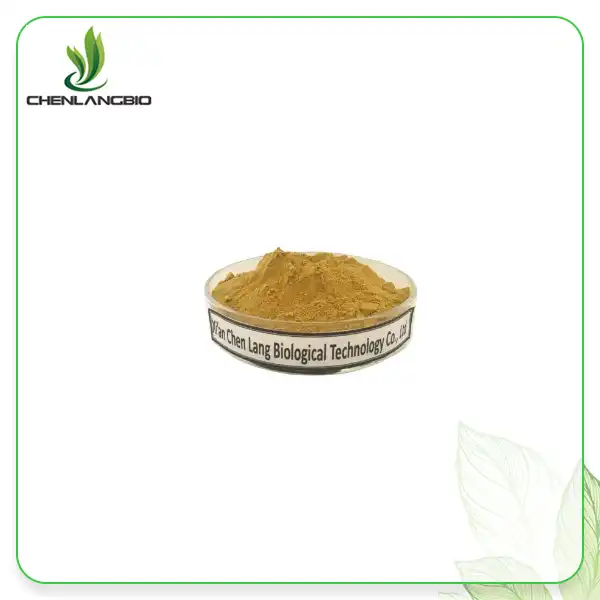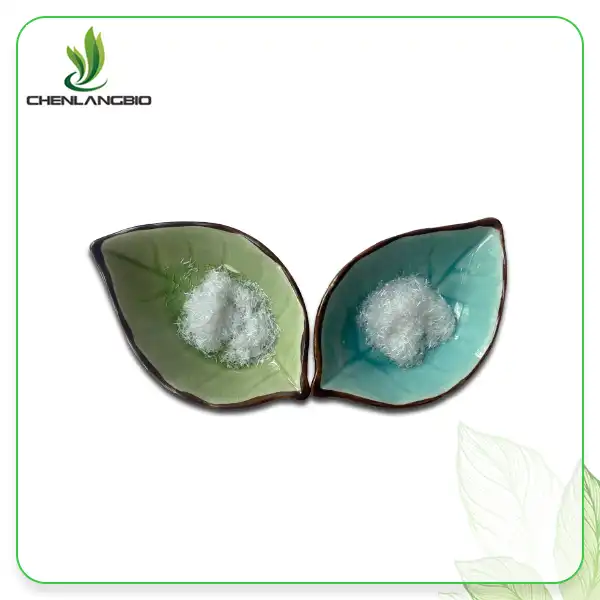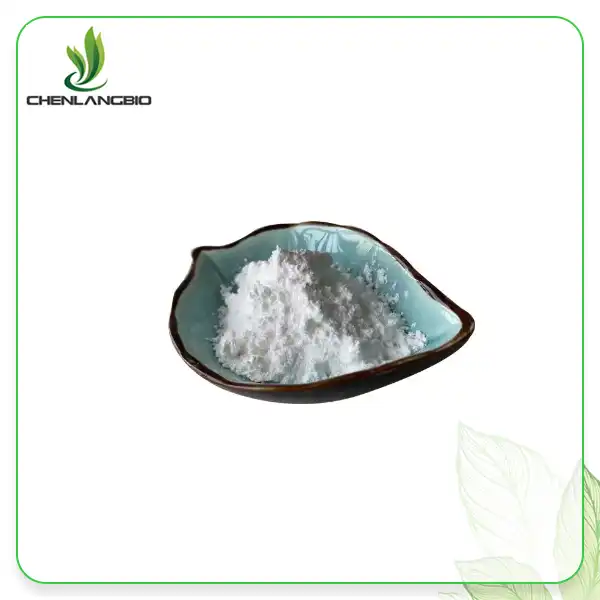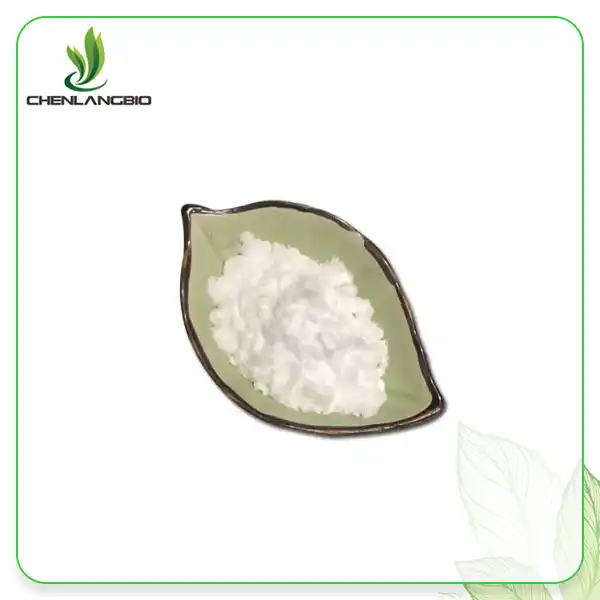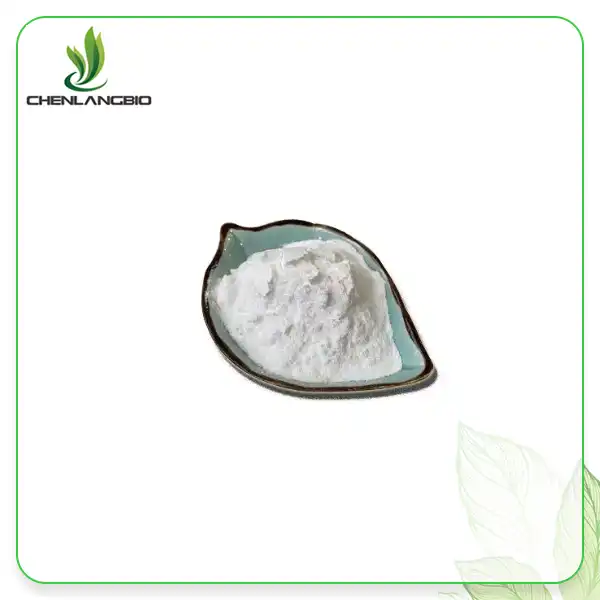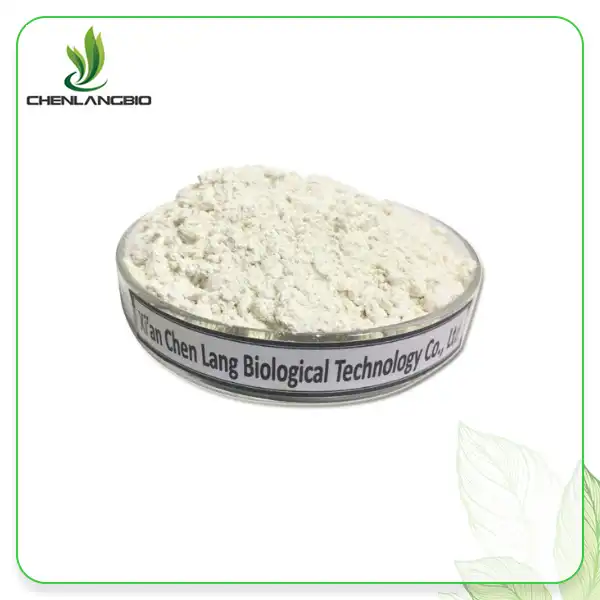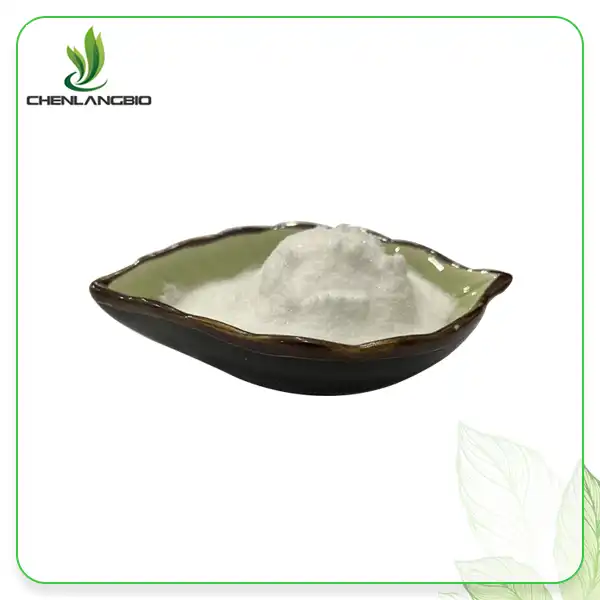Do Hops Have Antioxidants
2024-12-12 13:34:53
Hops, the flowering cones of the Humulus lupulus plant, are primarily known for their role in beer brewing. However, these versatile plants offer more than just flavor and aroma to our favorite brews. Recent scientific research has uncovered a treasure trove of health benefits associated with hops flavonoids, particularly their antioxidant properties. Examining the several components that support hops' health-promoting properties, this blog article explores their antioxidant potential. We'll look at the science underlying hops' antioxidant action, their possible uses in health and wellbeing, and their relative merits among foods high in antioxidants. Come explore with us the latent powers of this amazing plant and how it might transform our approach to diet and wellness.
The Antioxidant Profile of Hops
Understanding Antioxidants and Their Importance
Strong compounds like these neutralize harmful free radicals, unstable atoms that, when accumulating in the body, can cause oxidative stress. This helps antioxidants to preserve general health and maybe lower the risk of chronic diseases via their action. Though we also get them from our diet, the human body generates certain antioxidants naturally. Rich in antioxidants, foods including fruits, vegetables, and some herbs have attracted a lot of interest lately because of their possible health advantages. Hops, with their unique composition of bioactive compounds, have emerged as a promising source of antioxidants that warrant further investigation.
Hops Flavonoids: The Antioxidant Powerhouses
Strong antioxidant qualities of these plant-based compounds are well known. The most abundant and well-studied hops flavonoids include xanthohumol, isoxanthohumol, and 8-prenylnaringenin. In many different laboratory experiments, these molecules have shown amazing antioxidant activity, implying their possible ability to fight oxidative stress and inflammation in the human body. Xanthohumol, in particular, has garnered significant scientific interest due to its exceptionally high antioxidant capacity. This prenylated chalcone has been shown to possess antioxidant activity that surpasses that of vitamin E and other well-known antioxidants. The unique structure of xanthohumol allows it to effectively scavenge free radicals and protect cells from oxidative damage.
Other Antioxidant Compounds in Hops
Although the stars in hops' antioxidant tool are flavonoids, these adaptable plants have a range of additional molecules that add to their total antioxidant action. Found in hops, phenolic acids including ferulic acid and chlorogenic acid have shown antioxidant effects in many studies. Furthermore included in hops are terpenes, which could help to explain their antioxidant properties. The synergistic action of these various antioxidant compounds in hops may enhance their overall protective effects. This complex interplay of bioactive molecules makes hops a particularly intriguing subject for researchers exploring natural sources of antioxidants and their potential applications in health and wellness.
The Science Behind Hops' Antioxidant Activity
Mechanisms of Action
The antioxidant action of jumps compounds works through a few components. Essentially, these atoms act as free radical foragers, straightforwardly neutralizing hurtful responsive oxygen species (ROS) and receptive nitrogen species (RNS). By giving electrons to stabilize these unsteady particles, bounces cancer prevention agents avoid them from causing harm to cellular components such as DNA, proteins, and lipids. Moreover illustrated to enact the Nrf2 pathway are certain bounces chemicals, particularly xanthohumol. This cellular defense framework controls the expression of detoxifying and antioxidant-activating proteins so reinforcing the body's inalienable antioxidant guards. By fortifying this pathway, bounces cancer prevention agents may give a more comprehensive and long-lasting defensive impact against oxidative push.
Research Studies and Findings
In vitro studies have consistently demonstrated the strong free radical scavenging activity of hops extracts and hops flavonoids. For instance, a study published in the Journal of Agricultural and Food Chemistry found that xanthohumol exhibited potent antioxidant activity, surpassing that of α-tocopherol (vitamin E) in certain assays. Animal studies have also provided promising results. Research conducted on rats exposed to oxidative stress-inducing agents showed that administration of hops extracts significantly reduced markers of oxidative damage in various tissues. These findings suggest that the antioxidant compounds in hops may have protective effects at the whole-organism level.
Comparing Hops to Other Antioxidant Sources
Analyzing hops' antioxidant qualities definitely asks the address of how they stand relative to other well-known sources. In spite of the fact that coordinate comparisons can be troublesome since of contrasts in measuring procedures and the complicated character of antioxidant action, a few thinks about have attempted to allow foundation. The Oxygen Radical Absorbance Capacity (ORAC) test, a common strategy for measuring antioxidant capacity, has appeared that jumps extricates have higher antioxidant movement than numerous natural products and vegetables. ORAC values, in any case, may not continuously change over straight into wellbeing points of interest in the human body. Analyzing the conceivable impacts of antioxidant substances too has to take thought their bioavailability and digestion system.
Potential Health Benefits of Hops Antioxidants
Cardiovascular Health
hops flavonoids' antioxidant qualities could help to maintain cardiovascular health. The development and spread of cardiovascular illnesses is much influenced by oxidative stress, hence antioxidants can assist to minimize this damage. Studies on xanthohumol and other hops compounds have found that they may reduce inflammation in blood vessels, improve lipid profiles, and prevent oxidative damage to LDL cholesterol—a main component in atherosclerosis progression. Moreover, some research suggest probable vasodilatory effects of hops flavonoids, thereby regulating blood pressure. While more human studies are needed to confirm these benefits, the preliminary evidence is promising for the potential role of hops antioxidants in supporting heart health.
Neuroprotective Effects
Those cancer prevention agents passing the blood-brain obstruction seem give defense against cognitive decrease and neurodegenerative clutters. Particularly xanthohumol, a few considers have inspected hops' antioxidant neuroprotective impacts. Xanthohumol may protect neurons against oxidative harm and lower the buildup of proteins connected with neurodegenerative sicknesses counting Alzheimer's and Parkinson's, agreeing in vitro and creature ponders. Whereas human considers are restricted, these discoveries propose that bounces cancer prevention agents seem have potential applications in keeping up cognitive wellbeing and avoiding age-related neurological clutters.
Cancer Prevention and Treatment
Bounce chemicals' anti-inflammatory and antioxidant qualities have drawn researchers to see into their conceivable utilize in cancer avoidance and treatment. Known causes of cancer arrangement are oxidative stretch and persistent irritation; so, cancer prevention agents seem offer assistance to diminish these components. Research facility thinks about on xanthohumol and other bounces flavonoids have appeared they can restrain a few cancer cell lines—including those of breast, colon, and prostate cancer—from developing. These compounds show up to work through different components, counting actuating apoptosis (modified cell passing) in cancer cells and restraining angiogenesis (the arrangement of unused blood vessels that nourish tumors). In spite of the fact that these discoveries are cheerful, most of this ponder has been done utilizing creature models and cell societies. The real viability and security of jumps cancer prevention agents in cancer anticipation and treatment must be found by human clinical trials.
Conclusion
The antioxidant properties of hops offer exciting possibilities for health and wellness applications. From cardiovascular protection to potential cancer-fighting effects, the diverse range of benefits associated with hops flavonoids and other antioxidant compounds warrants continued research and exploration. As we learn more about these potent plant molecules, we could discover creative approaches to maximize their possibilities in nutrition, medicine, and other spheres. You can reach us at administrative@chenlangbio.com if you wish any information about hops flavonoids.
References
1. Stevens, J. F., & Page, J. E. (2004). Xanthohumol and related prenylflavonoids from hops and beer: to your good health! Phytochemistry, 65(10), 1317-1330.
2. Karabin, M., Hudcova, T., Jelinek, L., & Dostalek, P. (2015). Biotransformations and biological activities of hop flavonoids. Biotechnology Advances, 33(6), 1063-1090.
3. Sanchez-Martinez, M., Leal, L. G., Diaz-Sanchez, M., & Diaz-Castro, J. (2020). Hops (Humulus lupulus L.) and beer: Benefits on the gastrointestinal tract, liver, and cardiovascular system. Critical Reviews in Food Science and Nutrition, 60(17), 2939-2952.
4. Bocquet, L., Sahpaz, S., Hilbert, J. L., Rambaud, C., & Rivière, C. (2018). Humulus lupulus L., a very popular beer ingredient and medicinal plant: overview of its phytochemistry, its bioactivity, and its biotechnology. Phytochemistry Reviews, 17(5), 1047-1090.
5. Magalhães, P. J., Carvalho, D. O., Cruz, J. M., Guido, L. F., & Barros, A. A. (2009). Fundamentals and health benefits of xanthohumol, a natural product derived from hops and beer. Natural Product Communications, 4(5), 591-610.
6. Gerhäuser, C. (2005). Beer constituents as potential cancer chemopreventive agents. European Journal of Cancer, 41(13), 1941-1954.
Send Inquiry
Related Industry Knowledge
- Does Sodium Ascorbyl Phosphate Have Any Side Effects?
- Is Phellinus Linteus Edible
- What are the Benefits of Phellinus Linteus?
- Can You Grow Bergenia in Pots
- How Does Glabridin Powder Compare to Other Skin Lightening Agents
- How Long Does It Take Green Tea Extract to Work
- Is It Safe to Use Bakuchiol Every Day
- Is Magnesium Ascorbyl Phosphate the Same as Vitamin C
- What's Different Between Honokiol Powder and Magnolol
- Sepiwhite MSH Powder for Sale



